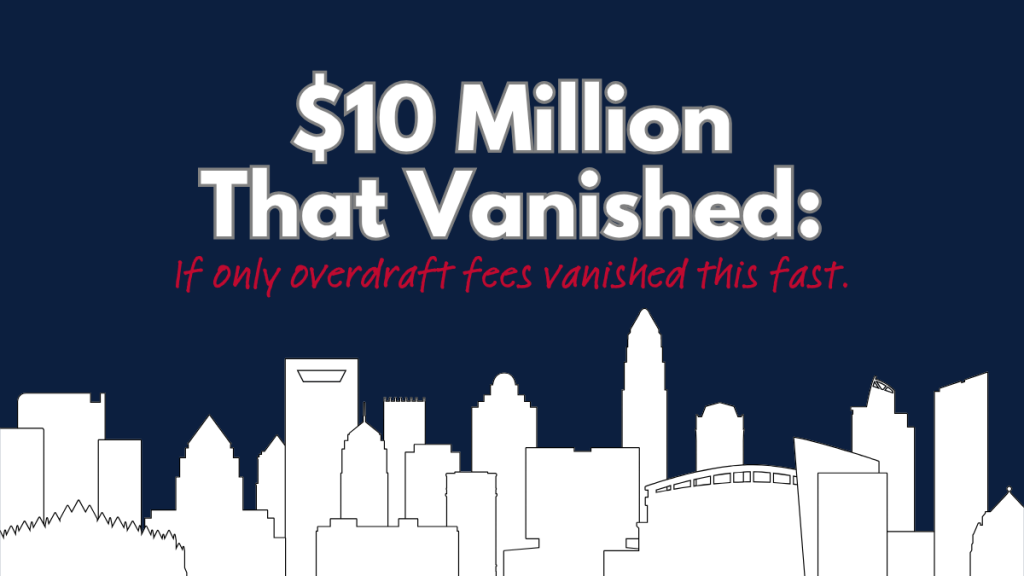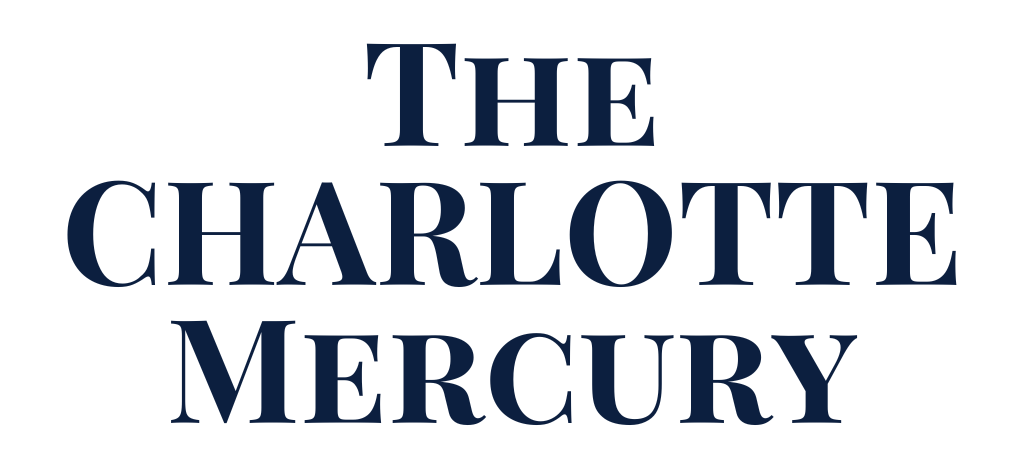
Wells Fargo’s $10 Million Fine Disappears—and So Does Accountability
By Jack Beckett | The Charlotte Mercury | October 24 2025
The penalty that vanished
In January 2025, the Office of the Comptroller of the Currency (OCC) ordered Claudia Russ Anderson—Wells Fargo’s former Community Bank Group Risk Officer—to pay $10 million for her role in the bank’s fake-accounts scandal. By October, that penalty was gone.
Under a quiet settlement announced this month, Russ Anderson will pay nothing. The deal closes the OCC’s last pending case against Wells Fargo executives who oversaw sales practices that led employees to open millions of unauthorized accounts from 2002 to 2016.
The OCC called the agreement “the culmination” of its enforcement actions — a series of cases that produced more than $43 million in fines from 11 former executives, including former CEO John Stumpf ($17.5 million) and former Community Bank Head Carrie Tolstedt, who was barred from banking. But the final settlement erases a decade-long promise of accountability.
A travesty of scale
To most customers, the numbers aren’t abstract. They represent months of life lost in phone trees, credit disputes, and branch visits to close accounts we never opened. I was one of those dupes. Not a victim, exactly — no money was stolen — but hours were. Days, actually. The worst part was the sense of futility as the bank kept apologizing while the system kept spitting out paperwork.
And now, after nearly a decade of hearings and headlines, the final executive walks away with a zero-dollar settlement. That’s not closure. It’s a footnote.
How we got here
- 2016: Wells Fargo admits that employees opened millions of fake accounts to meet sales quotas.
- 2018: The bank pays $1 billion in joint fines to the OCC and the Consumer Financial Protection Bureau, and the Federal Reserve imposes a $1.95 trillion asset cap.
- 2020: A $3 billion settlement with the Justice Department and SEC follows.
- 2023: Shareholders win a $1 billion class-action settlement for being misled about compliance efforts.
- 2025: The Federal Reserve lifts the asset cap in June; four months later, Russ Anderson’s $10 million fine disappears.
Earlier this year, the OCC also cut fines for former chief auditor David Julian and audit director Paul McLinko from a combined $8.3 million to $150,000 total — reductions of more than 98 percent. Regulators said the adjusted settlements “reflect each individual’s circumstances” and that millions in previous compensation had been clawed back.
Russ Anderson told American Banker: “The fact that they wanted $5 million from me, and then $10 million, and we’re settling for zero — I think tells you everything you need to know.” She said she plans to retire and travel.
The OCC’s spokesperson offered a colder summary: the case “marks the culmination of the OCC’s enforcement actions to hold eleven former Wells Fargo executives accountable.”
No one mentioned the millions of customers who spent years trying to untangle their own accounts.
Charlotte’s connection
Wells Fargo remains one of Charlotte’s largest employers, with roughly 27,000 workers in the region — a reminder that national policy failures have local repercussions. For years, the bank’s headquarters in San Francisco and its operational nerve center in Charlotte have embodied both sides of modern finance: the hub of corporate growth and the home of customer trust eroded by overreach.
To many here, the OCC’s final act looks less like justice and more like fatigue. The public outrage has cooled, the asset cap is gone, and the page has been turned — at least for the regulators.
For the rest of us, that page still reads like a ledger with one column missing.
Why it still matters
Each settlement signals what our financial system considers a proportionate response to corporate misconduct. If a $10 million fine can vanish after ten years of litigation, the precedent is clear: time and tenure outlast penalty and principle.
Accountability has a half-life, and it decays faster than public memory.
About the Author
Jack Beckett is a senior writer for The Charlotte Mercury. He prefers his coffee like his journalism — strong, no froth, and served with receipts. When he isn’t fact-checking executive press releases, he’s usually lurking in Charlotte cafés with a notebook and a double espresso. Follow him on Twix at x.com/queencityexp.
Don’t miss our satirical election series Poll Dance 2025 — the only guide that makes ballots and ballets sound almost fun. And if you want to vent about your own bank nightmare, drop us a message on Twix (@queencityexp) — we read every rant before the next refill.
The Fine Print
Check out our Privacy Policy, learn more About Us, review our Terms of Service, browse our Media kit, or Contact Us. Because even we believe in reading the fine print — and we wrote it ourselves.
Creative Commons License
© 2025 The Charlotte Mercury / Strolling Ballantyne
This article, “Wells Fargo’s $10 Million Fine Disappears—and So Does Accountability,” by Jack Beckett is licensed under CC BY-ND 4.0.
“Wells Fargo’s $10 Million Fine Disappears—and So Does Accountability”
by Jack Beckett, The Charlotte Mercury (CC BY-ND 4.0)
